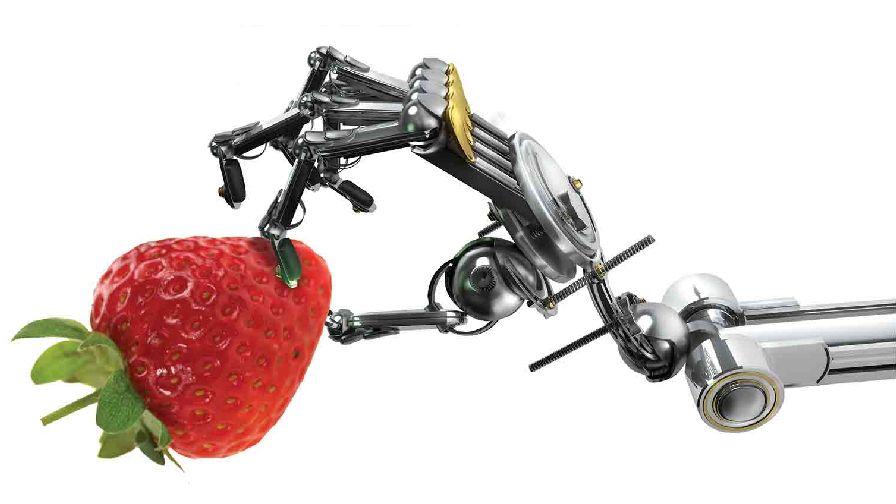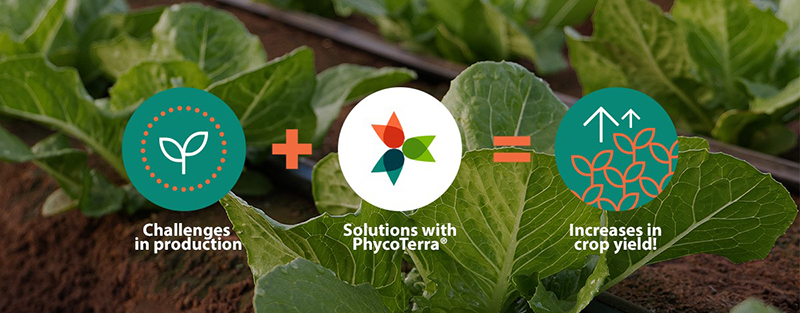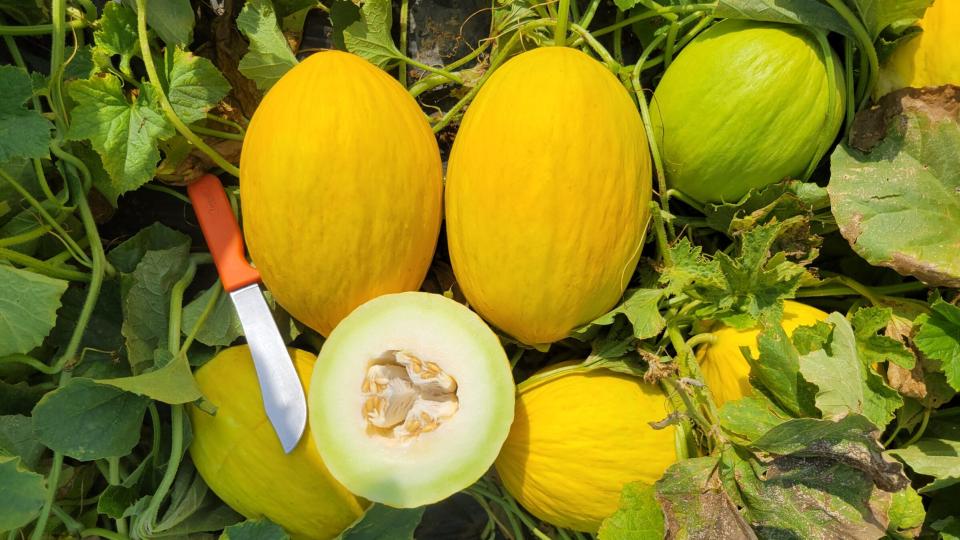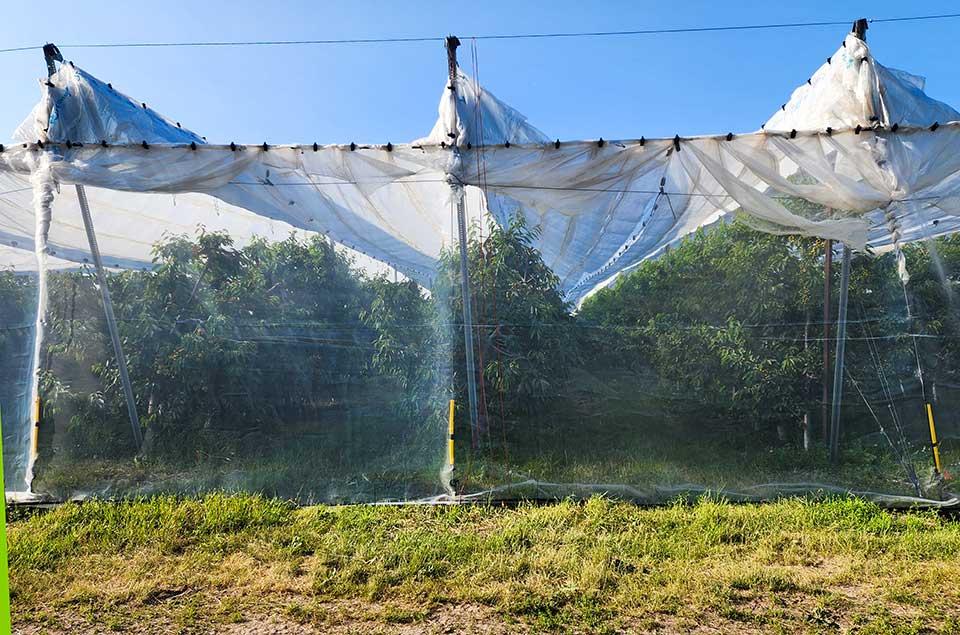Asian Citrus Psyllid Moves Into Northern California
The Santa Clara County Agricultural Commissioner, in cooperation with the California Department of Food and Agriculture (CDFA) and USDA, is beginning an extensive survey in response to the detection of Asian citrus psyllids (ACP) in the City of San Jose near Kelly Park. This is the first detection of ACP in Santa Clara County and the Bay Area.
ACP have been also been found in Manteca and Lodi, according to San Joaquin County Agricultural Commissioner Tim Pelican. He too is working with CDFA and USDA to survey the region surrounding the areas where the psyllids were found, both in residential neighborhoods.
The psyllids were found near North Main and East North streets in Manteca and near Chestnut and Church streets in Lodi.
In Santa Clara County, the ACP were detected in a residential neighborhood near Phelan Avenue and Roberts Avenue in San Jose. Treatment activities will be carried out on all citrus plants surrounding the sites where the insects were trapped. Residents in the treatment area will be notified in advance of any activity. Additionally, an increased number of traps have been deployed and a visual survey is ongoing on the surrounding properties in an attempt to determine if there is an infestation.
“The Asian citrus psyllid is a dangerous pest of citrus,” said Joe Deviney, Santa Clara County Agricultural Commissioner. “We’re working to determine the full extent of this infestation so that we can protect our state’s vital citrus industry as well as our backyard citrus trees. We want to emphasize citrus is safe to eat and the disease is not harmful to human health. Working together we can prevent the harm this invasive species can cause.”
The ACP is an invasive species of grave concern because it can carry the disease huanglongbing (HLB), also known as citrus greening. All citrus and closely related species are susceptible hosts for both the insect and the disease. There is no cure once a tree becomes infected, the diseased tree will decline in health and produce bitter, misshaped fruit until it dies.
HLB has been detected just once in California – in 2012 on a single residential property in Hacienda Heights, Los Angeles County. HLB is present in Mexico and in parts of the southern U.S. Florida first detected ACP in 1998 and the disease in 2005, and the two have now been detected in all 30 citrus-producing counties in that state. The University of Florida estimates the disease has tallied more than 6,600 lost jobs, $1.3 billion in lost revenue to growers and $3.6 billion in lost economic activity.
Residents in the area who think they may have seen the pest are urged to call the CDFA Pest Hotline at 1-800-491-1899. For more information on the Asian citrus psyllid and huanglongbing disease, please visit: www.cdfa.ca.gov/plant/acp.
Source: Santa Clara and San Joaquin County Agricultural Commissioners









